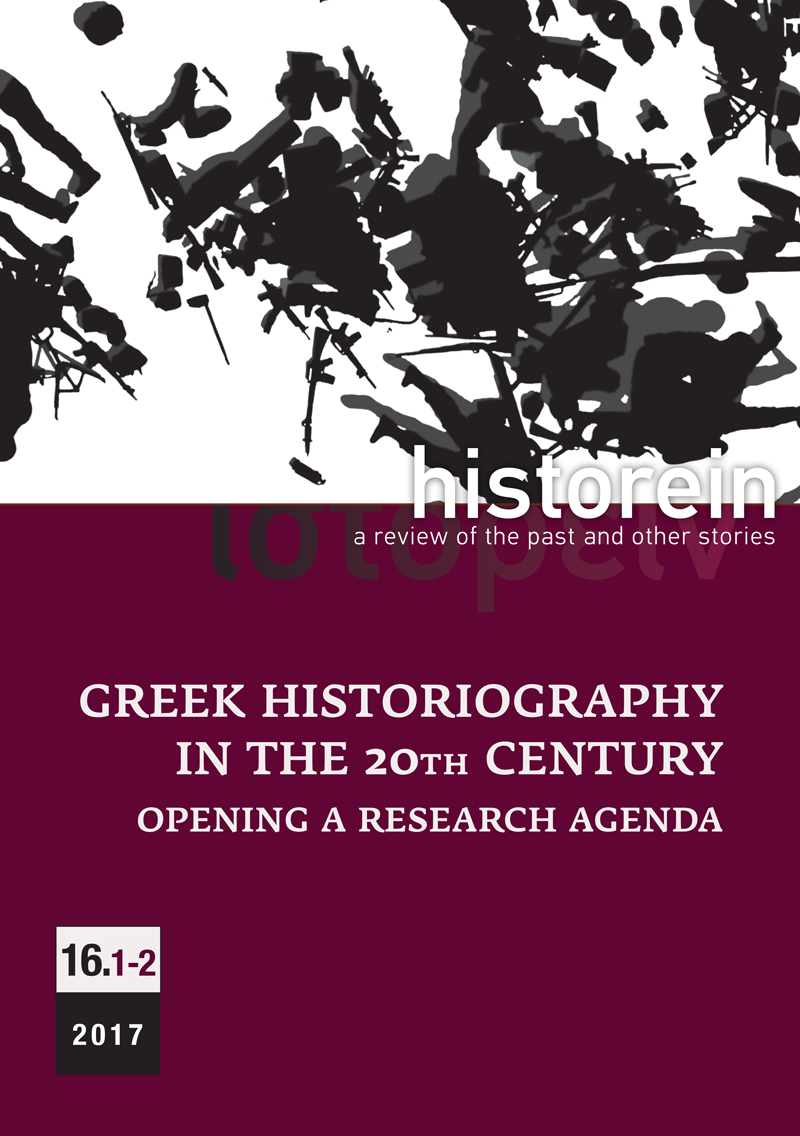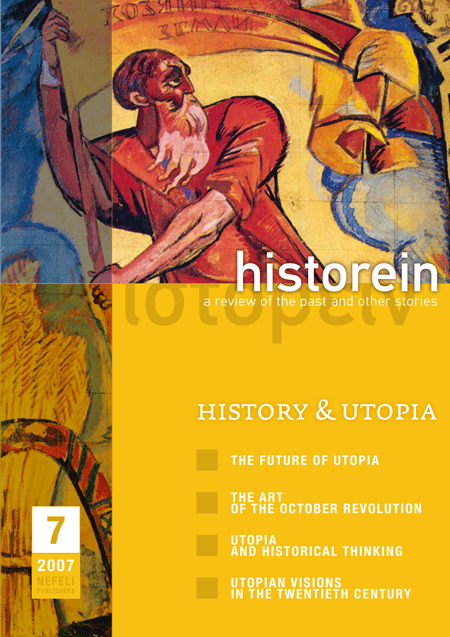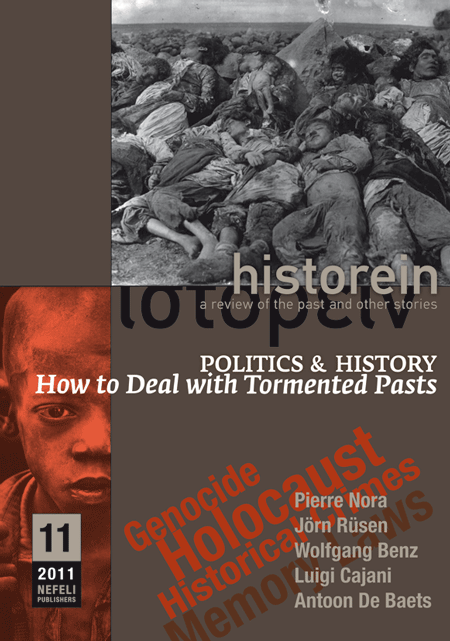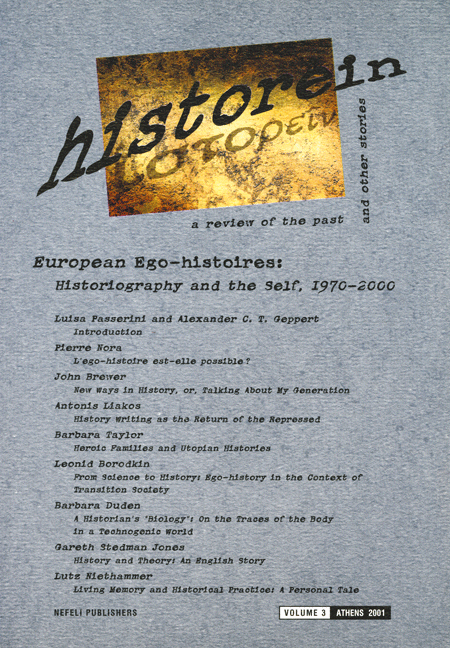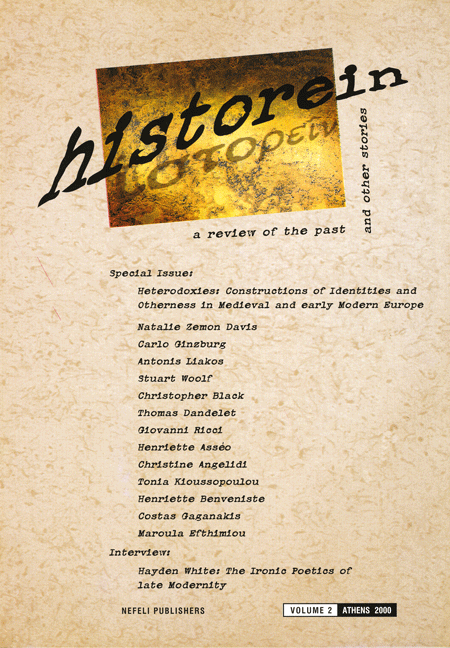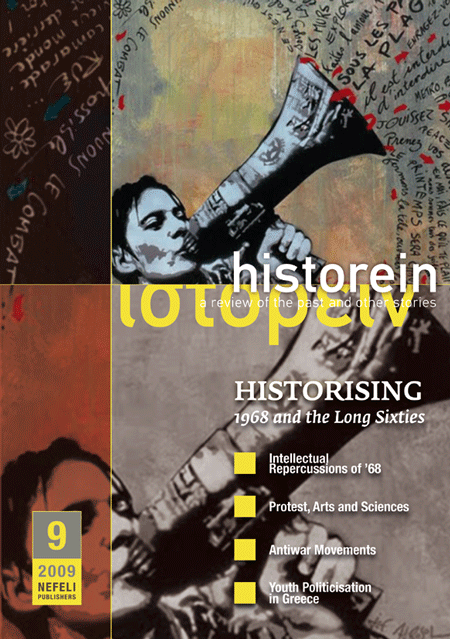Historisising twentieth-century historiography
Abstract
The twentieth century has been described as a dark century of wars, holocausts, death and pain. This is true, but it is only a partial image of the century. This article discusses five major challenges and their relations to historiography: a) the disintegration of empires, decolonisation and the rise of new nations; b) the impact of world wars (genocides, revolutions, totalitarian regimes); c) the boom in technoscience and the digital era; d) the ascent of rights, the transformation of gender relations and mass literacy; and e) globalisation. These changes were experienced by three generations of historians. The first generation appeared before the First World War, the second from 1918 to 1970 and the third from 1970. The question we pose is: has the history of historiography responded to these challenges or does it also have its internal logic? And how has it responded?
Article Details
- How to Cite
-
Liakos, A. (2017). Historisising twentieth-century historiography. Historein, 16(1-2), 139–148. https://doi.org/10.12681/historein.10030
- Section
- DIALOGOS

This work is licensed under a Creative Commons Attribution-NonCommercial-ShareAlike 4.0 International License.
The copyright for articles in this journal is retained by the author(s), with first publication rights granted to the journal. By virtue of their appearance in this open access journal, articles are free to use (with the exception of the non-granted right to make derivative works) with proper attribution for non-commercial uses (licence Creative Commons 4.0). EKT/NHRF retains the worldwide right to reproduce, display, distribute, and use articles published in Historein in all formats and media, either separately or as part of collective works for the full term of copyright. This includes but is not limited to the right to publish articles in an issue of the Journal, copy and distribute individual reprints of the articles, authorize reproduction of articles in their entirety in another EKT/NHRF publication, and authorize reproduction and distribution of articles or abstracts thereof by means of computerized retrieval systems.
